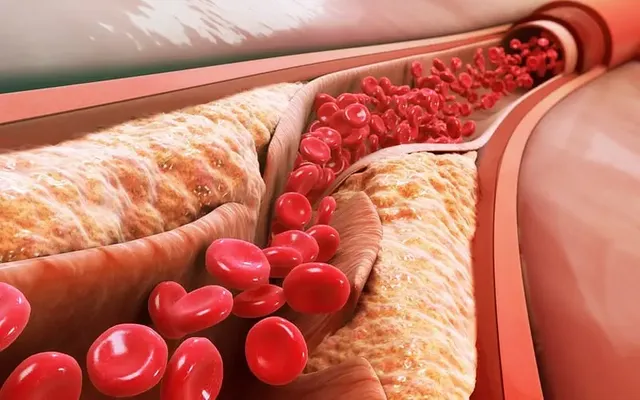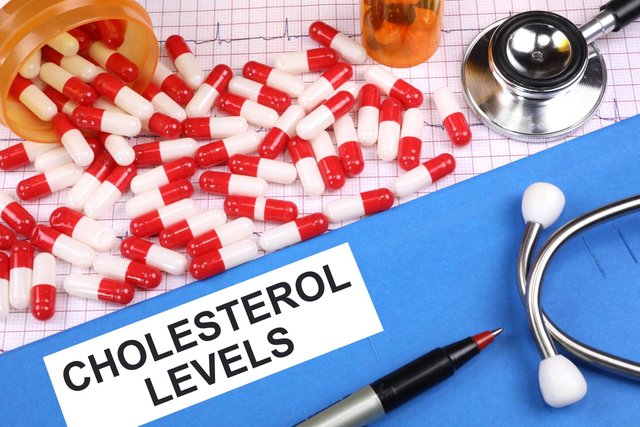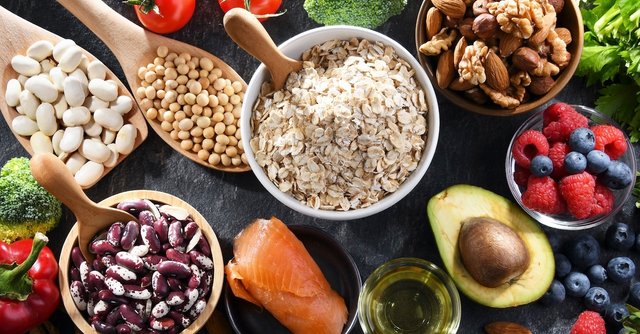Cholesterol
I am @rashidaakter
From #Bangladesh
How are you all, I hope you are well by the grace of Allah. Alhamdulillah, I am fine too. Today I will participate in a nice contest on Healthy Steem organized by our dear moderator @khursheedanwar the interesting contest. This week's topic is CHOLESTROL.

Source
Cholesterol is a type of fat that is essential for the body. Cholesterol is a type of chemical made up of lipids, a waxy, soft fat-like substance naturally produced in our liver. Nowadays we see that most people are having problems with cholesterol.

Source
Cholesterol makes cell membranes, hormones, vitamin D, and other important substances. There are two types of cholesterol
Low-density lipoprotein (LDL): This is called "bad" cholesterol. LDL cholesterol builds up in artery walls and narrows the arteries. It increases the risk of heart disease and stroke.
High-density lipoprotein (HDL): This is called the "good" cholesterol. HDL cholesterol removes LDL cholesterol from the arteries. It reduces the risk of heart disease and stroke.
Cholesterol levels
A healthy person should have a blood LDL cholesterol level of less than 130 mg. HDL cholesterol levels should be more than 60 mg/dL.
In the human body, lipids are composed of fatty acids and other chemicals. Because they form hormones and cell membrane components and serve as energy reserves, lipids are not always completely harmless to the body. Indeed, they are essential for their proper functioning. An excess of certain types of lipids can be harmful to one's health, particularly heart health. There are different types of lipids in our body, which can be measured by lipid profile tests.

Source
A blood test that measures the levels of different types of lipids (fats) in the blood. These lipids include cholesterol, triglycerides, high-density lipoprotein (HDL), and low-density lipoprotein (LDL).
Generally, it is necessary to fast for 9-12 hours before the test to get accurate results. This means that during this fast no food or drink should be consumed except water.
The healthcare provider should be informed if the patient is taking any medications, as some medications can affect lipid levels.
A professional nurse, or phlebotomist, will collect a blood sample from a vein in your arm using a needle and a syringe or vacutainer. The blood sample is then transferred into a test tube or vial, which contains an anticoagulant to prevent clotting.
Different components of the lipid profile are measured, including cholesterol, HDL cholesterol, LDL cholesterol, and triglycerides.
HDL cholesterol reduces the risk of heart disease and stroke. HDL is considered good cholesterol because it helps move triglycerides, LDL, and other harmful fats to the liver. The liver then breaks down these unhealthy fats and LDL into bile. Then these harmful fats are removed from the body.
Eat foods with healthy fats to increase good cholesterol in the body. In this case, we can put almonds, walnuts, fatty fish, mustard oil, olives, avocados, and beans in your diet.
Exercising can help increase the level of good cholesterol in the blood. Apart from that, regular walking and swimming also increase the level of HDL.

Source

Conclusion
If diet changes, exercise, and other steps to lower cholesterol don't work, then medication should be prescribed by a doctor.
Cholesterol is an important element, but if its level increases, the risk of various diseases increases. So it is very important to keep cholesterol levels under control.
I invite my beautiful friends @shawlin @pink-ring and @jollymonoara to participate in this contest.

Twitter